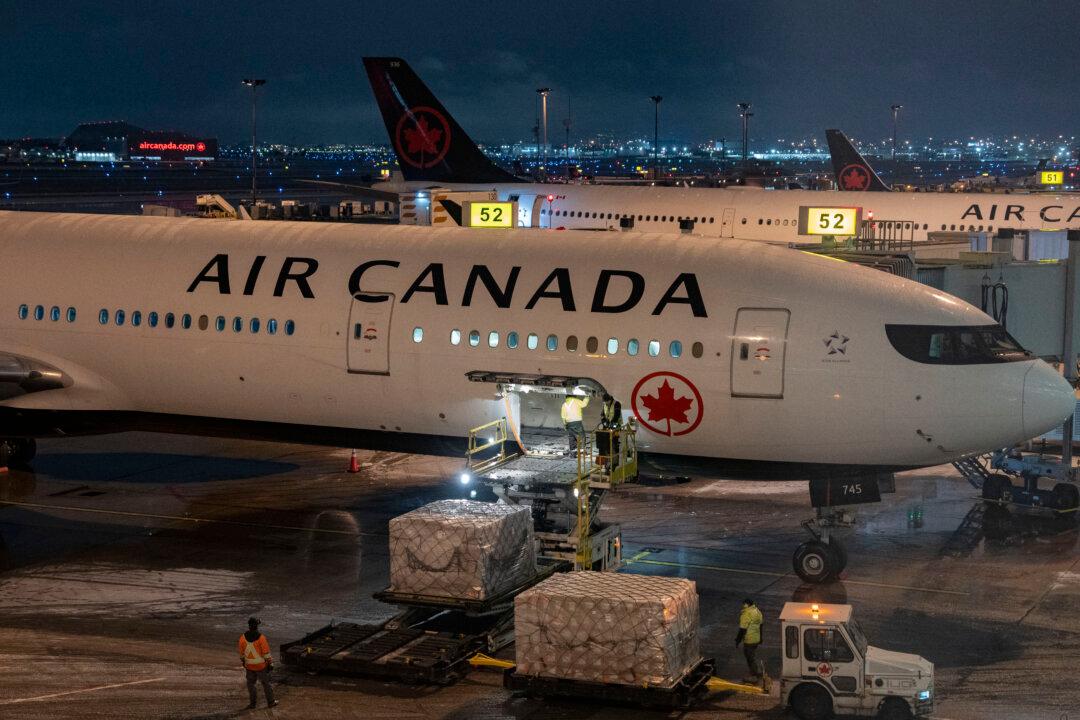OTTAWA—Prime Minister Justin Trudeau gave guarded answers when asked how he would react if the agenda of U.S. president-elect Donald Trump clashed with the interests of Canadians.
In a year-end interview with The Canadian Press, Trudeau was asked where he would draw a line in the sand between himself and Trump, who promises to be a less-than-ordinary president of the world’s only superpower and Canada’s most important trading partner.
“I do not want to dive into the hypothetical, but you’re asking me, ‘where is the line?’ The line, for me, is that I will act in a way that ensures that Canadians do not suffer and have all the benefits and opportunities that I can possibly give them,” he said.
Trudeau said his top responsibility is to serve the interests of the country that elected him. That means creating good jobs, fostering trade with the United States, and settling differences with Canada’s largest trading partner; but it goes beyond the economy.
“It is also in the interest of Canadians to have a more open, more tolerant, more secure world,” he said.
There are different ways to “protect and improve” opportunities and results for Canadians, which is something he said applies not only to Trump.





